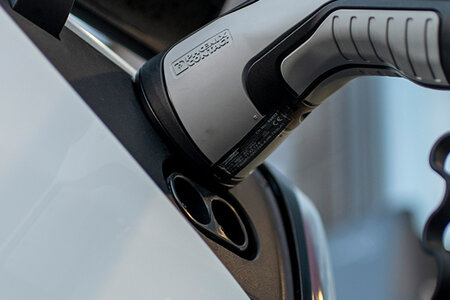One in four (26%) UK drivers plan to opt for a hybrid car as their next vehicle purchase, according to research conducted for Close Brothers Motor Finance’s upcoming Britain Under the Bonnet Report. The fifth iteration of the report reveals that the desire to purchase a hybrid vehicle has accelerated from 21% in 2020. And this is largely stable across age groups, but highest at 28% for those aged 25-34.
The research found that just one in five (22%) drivers will purchase a petrol vehicle – down massively from 37% last year. This comes as more car manufacturers announce their intentions to end production of petrol and diesel engine vehicles in line with the Government’s 2030 ban. However, confusion over engine type sees one in seven (14%) still undecided about their next vehicle - rising to almost one in five (18%) for those aged 55+.
When it comes to electric cars, 13% will choose plug-in electric, and 12% battery electric. Diesel continues to decline in popularity with just 8% stating they’ll choose a diesel car – down from 12% in 2020.
The research also looked at what features consumers want from their chosen vehicle. Price is the main driver across all vehicle types at 48%, followed by how economical it is to run at 47%, and the impact on the environment (40%).
What influences motorists’ vehicle choice?
Seán Kemple, Managing Director of Close Brothers Motor Finance, said: “The news headlines have been fuelled by manufacturers making bold claims about their plans for a greener future, with Jaguar Land Rover and Ford being just some of the latest cars makers to confirm the end of petrol and diesel models. Throw into the mix the Government’s ban on sales of new petrol and diesel cars being brought forward to 2030, it’s no surprise motorists are turning away from these engine types, and as our research shows, opting for hybrid models instead.
“While hybrids and AFVs are getting more popular, there are significant concerns that must be addressed for more motorists to opt to make the switch. We are still languishing in the tens of thousands of much needed electric car charging points – we need to get to 2 million to meet the ambitious 2030 goals. Coupled with the Government cutting grants for electric car buyers, the industry is at risk of not going in the right direction. We’re less than a decade away before the ban, so time really is of the essence.”






